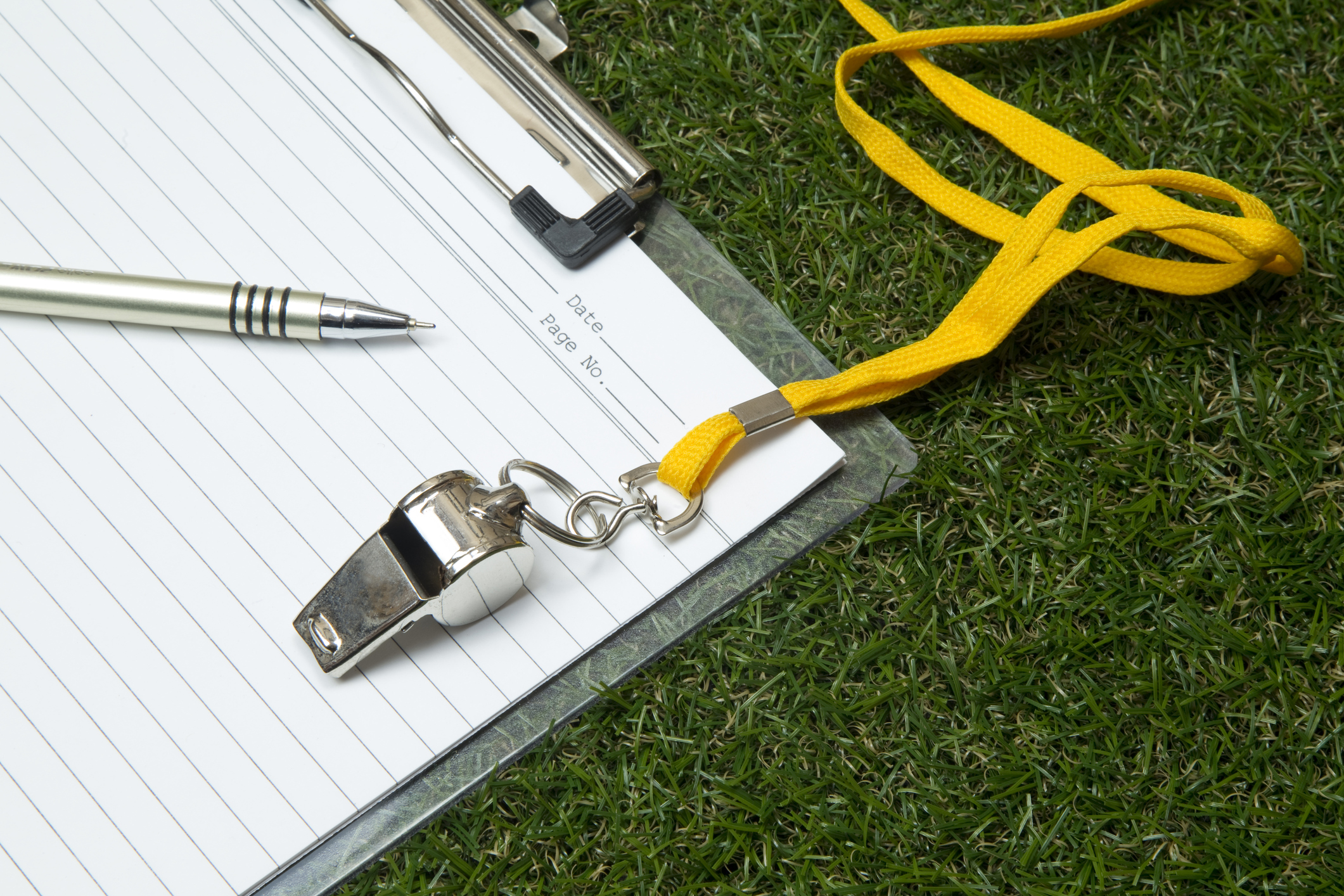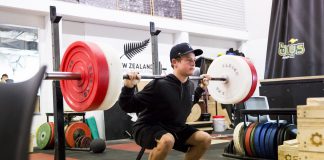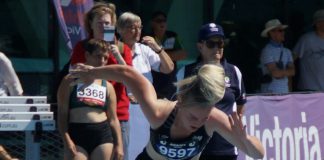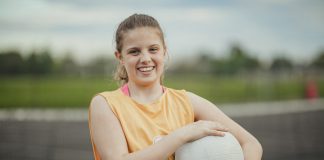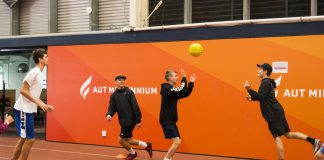Knowledge is power, right?
Unfortunately, knowledge is only power when you know how to apply it. Because access to knowledge is easier than ever before (thanks to our good friends at Google), knowledge is only power when you have a reason to apply it.
That’s why purpose is important.
Knowledge must be purposeful for it to have an effect. And if you’re looking to optimise your effort, which will ultimately lead to your best performance, there must be clear intentions behind your learning.
This couldn’t be truer in sport. And more importantly, youth sport.
Simply because a young athlete shows promise, doesn’t mean we should treat them like an empty vessel’ in need of filling up.
“More is not better. For a busy young athlete, doing less better, should be the priority.”
And this means, being deliberate.
Focus on Your Behaviours, Not the Goal Itself
It is easy to set a goal. All it takes is a few words on a piece of paper and some blue tack to stick it to the fridge.
But most goals are never achieved. Why? Because that’s where it stops. Job done you think.
It turns out it’s just the start.
If you really want to get better, you need to focus on changing the behaviours responsible for achieving the goals, rather than the goals themselves.
Imagine you’re a netball shooter. To improve your game you need to increase your shooting accuracy. Therefore, you set the following goal: to improve my shooting accuracy by 5% over the next 8 weeks. A specific, measurable, realistic, and time-bound goal.
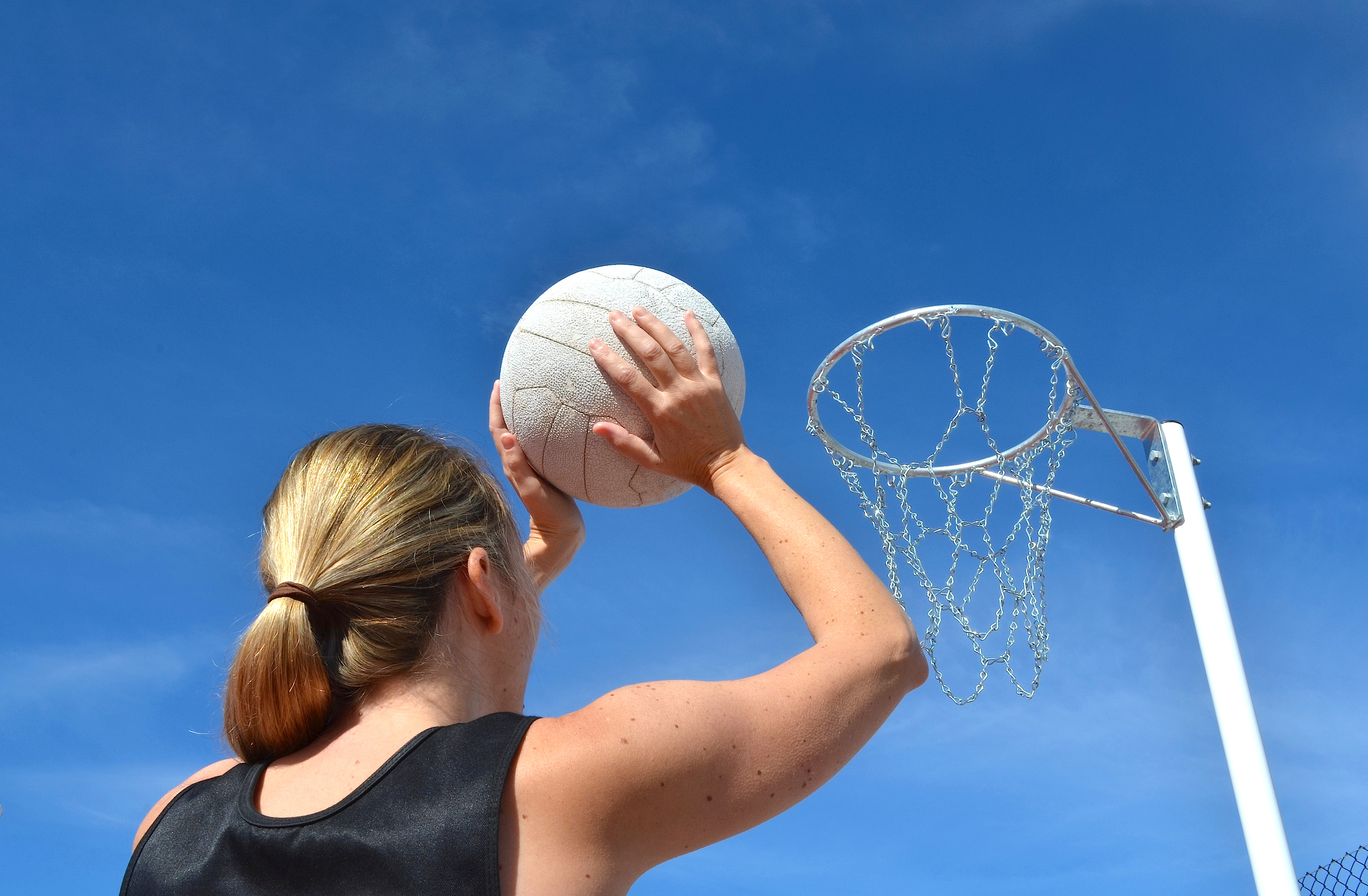 But here’s the problem.
But here’s the problem.
Improving your shot requires a lot of deliberate practice, yet your training schedule includes no dedicated shooting time.
What’s more, you’re unsure why your shooting accuracy is so poor in the first place.
The result? Failure to achieve your goal. Not because it’s a poorly set goal, but because you don’t focus on the essential ingredients required to achieve it (i.e., more time shooting with coach feedback)
Instead, here are two ways you can make this work by focusing on changing your behaviours.
What? Become the type of netballer who shoots every day.
How? Spend 10 minutes shooting every day at lunchtime.
What? Become the type of netballer who asks for feedback on their shooting.
How? Get specific feedback from you coach about how you
can improve you shooting accuracy after every game.
To Sum Up
When it comes to getting better, there are two things crucial for the youth athlete:
- Choose purposeful goals. Pick one thing, then do it well.
- Focus on the behaviours that will lead you to achieving your goal, not the goal itself.
Be the best you can be,

























